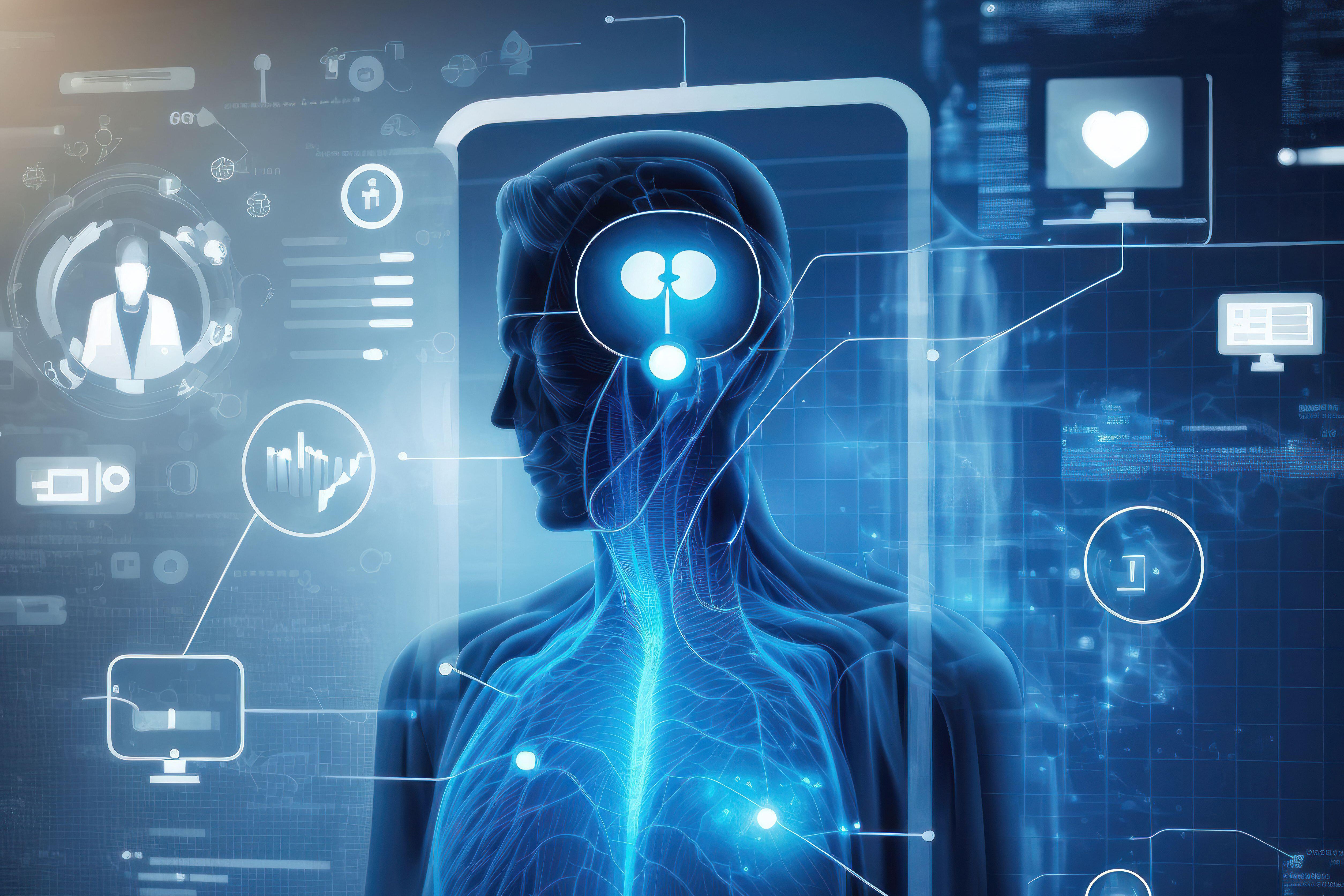
AI’s Revolutionary Advancements in Medical Diagnosis and TreatmentAI’s Revolutionary Advancements in Medical Diagnosis and Treatment Artificial Intelligence (AI) is rapidly revolutionizing the healthcare industry, bringing forth unprecedented advancements in medical diagnosis and treatment. Here are some critical areas where AI is making a profound impact: Precision Diagnosis: * AI algorithms analyze vast amounts of patient data, including electronic health records, imaging, and lab results, to identify patterns and anomalies that may indicate medical conditions. * AI-powered diagnostic tools can assist healthcare professionals in detecting diseases at an early stage, enabling timely interventions and improving patient outcomes. Personalized Treatment Planning: * AI helps customize treatment plans based on individual patient characteristics, such as their genetic makeup, medical history, and lifestyle factors. * By leveraging AI algorithms, clinicians can tailor treatments to optimize outcomes and minimize side effects. Drug Discovery and Development: * AI accelerates the drug discovery process by identifying potential drug candidates and predicting their efficacy. * AI-driven systems analyze massive databases to discover novel targets for drug development and simulate drug interactions, enabling faster and more efficient development of new therapies. Image Analysis for Enhanced Diagnostics: * AI algorithms analyze medical images, such as MRI scans and X-rays, to detect subtle abnormalities and classify them with high accuracy. * This technology aids radiologists in detecting tumors, diagnosing heart conditions, and identifying cognitive impairments, leading to more precise and timely diagnoses. Virtual Healthcare and Remote Monitoring: * AI-powered virtual healthcare platforms allow patients to access medical consultations and advice from the comfort of their homes. * AI algorithms analyze patient data remotely, enabling continuous monitoring and personalized care, especially for individuals in rural or underserved areas. Surgical Assistance and Precision: * AI-driven surgical systems provide surgeons with real-time guidance, enhance precision, and reduce the risk of complications. * AI algorithms analyze surgical videos and assist surgeons in navigating complex procedures, such as endoscopic surgery and minimally invasive interventions. Proactive Health Management: * AI models predict individuals’ risk of developing certain diseases based on personal health data, family history, and lifestyle choices. * These insights enable proactive health interventions, such as preventive screenings, lifestyle modifications, and early detection of potential health issues. Empowering Healthcare Professionals: * AI enhances diagnostic and treatment capabilities of healthcare professionals, allowing them to make more informed decisions and provide personalized care. * By automating repetitive tasks, AI frees up healthcare providers’ time to focus on complex patient interactions and value-added activities. The advancements driven by AI in medical diagnosis and treatment have the potential to transform healthcare delivery, improve patient outcomes, and revolutionize the future of medicine. As AI continues to evolve, its impact on medical practice is expected to grow even more profound, shaping the healthcare landscape in the years to come.
Posted inNews